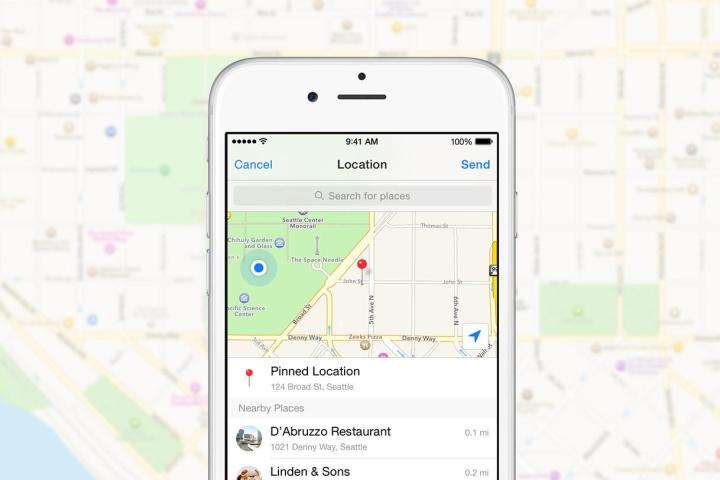
The tool, which suggests new friends for Facebook users to connect with, was the focus of a report on privacy on the platform published on Monday. On Tuesday, Facebook emailed over a statement to Digital Trends that alleges the article in question “was not accurate.”
“We’re not using location data, such as device location and location information you add to your profile, to suggest people you may know,” a Facebook spokesperson told Digital Trends. “We may show you people based on mutual friends, work and education information, networks you are part of, contacts you’ve imported and other factors.”
Updated on 06-28-2016 by Saqib Shah: Added statement from Facebook denying use of location data for “people you may know” feature.
You may have come across the “People you may know” feature on Facebook without giving it a second thought. The original report claimed that users were unwittingly allowing the platform to use their location data in order to generate the friend suggestions the tool provides.
When asked to comment on the findings, Facebook was initially quoted as stating that location is “one of the factors” it uses in the process, but the company played down its importance.
“Location information by itself doesn’t indicate that two people might be friends,” the original statement reads. “We show you people based on mutual friends, work and education information, networks you’re part of, contacts you’ve imported and many other factors.”
An update to the report claims that Facebook twice confirmed it used location data as part of the feature. It adds that the negative press in the wake of the article may have caused the social network to backtrack. Facebook claims that it dug into the matter and found that location isn’t currently used. The company clarified that it used location to power the tool in relation to a test it ran last year, which was never rolled out to all Facebook users.
The initial findings basically suggested that Facebook recommended friends based on both your location data (if, of course, you’d activated location services for the Facebook app) and your declared interests, and friends on the service. For example, you could potentially be suggested a complete stranger from a bar you frequent if you both happened to follow the same Facebook group (a fan page for a sports team, for example).
Facebook makes clear in its data policy that it collects your device information, “including specific geographic locations, such as through GPS, Bluetooth, or Wi-Fi signals.” It also states that it uses this information “to deliver our Services, personalize content, and make suggestions for you.” It’s all noted in the terms and conditions that most people are averse to reading. Notably, Facebook doesn’t directly address the issue on its “People you may know” help page.
This isn’t the first time Facebook has faced scrutiny over its privacy policy. Earlier this year, the company was forced to remove its AI-powered facial-recognition feature from its Moments app in Europe and Canada due to local privacy laws. The same tool is integral to an ongoing ongoing lawsuit against the social network in the U.S.

